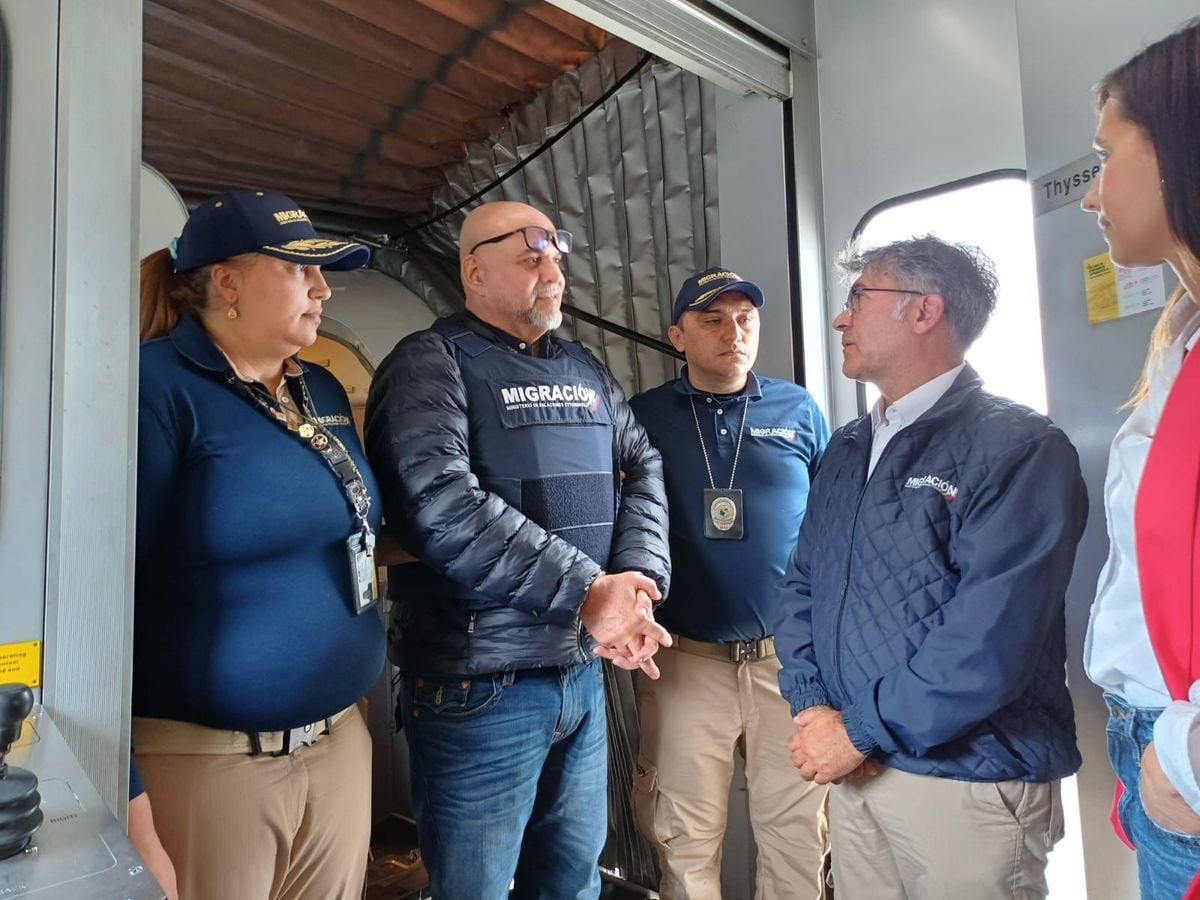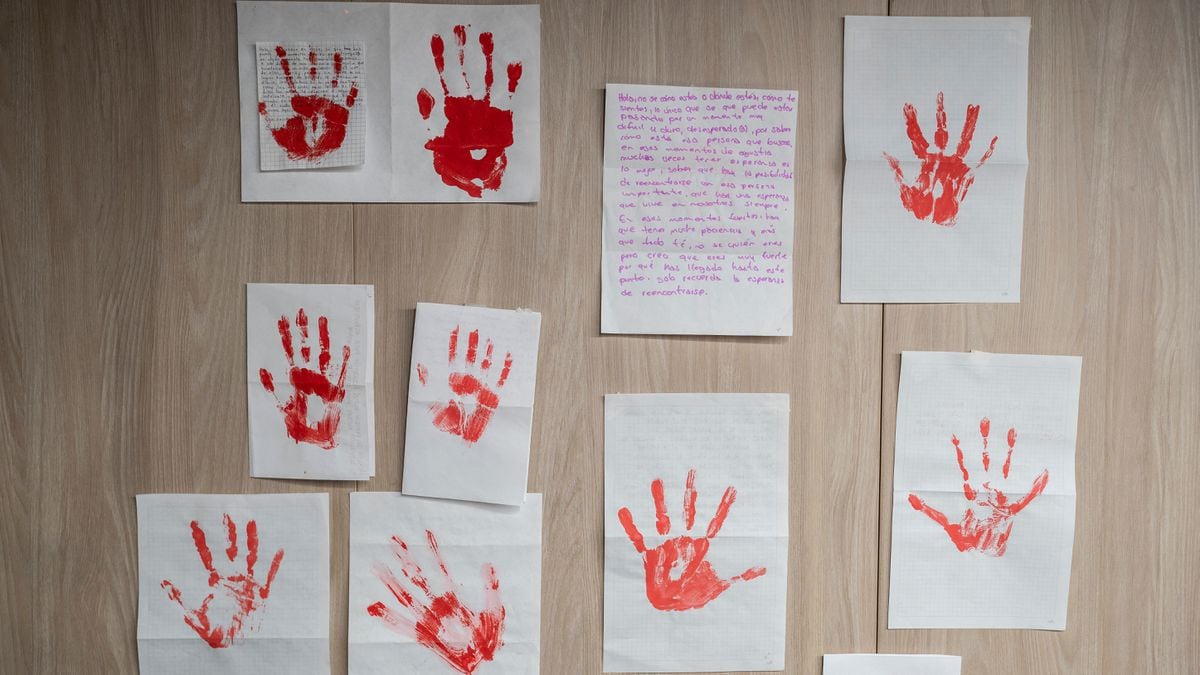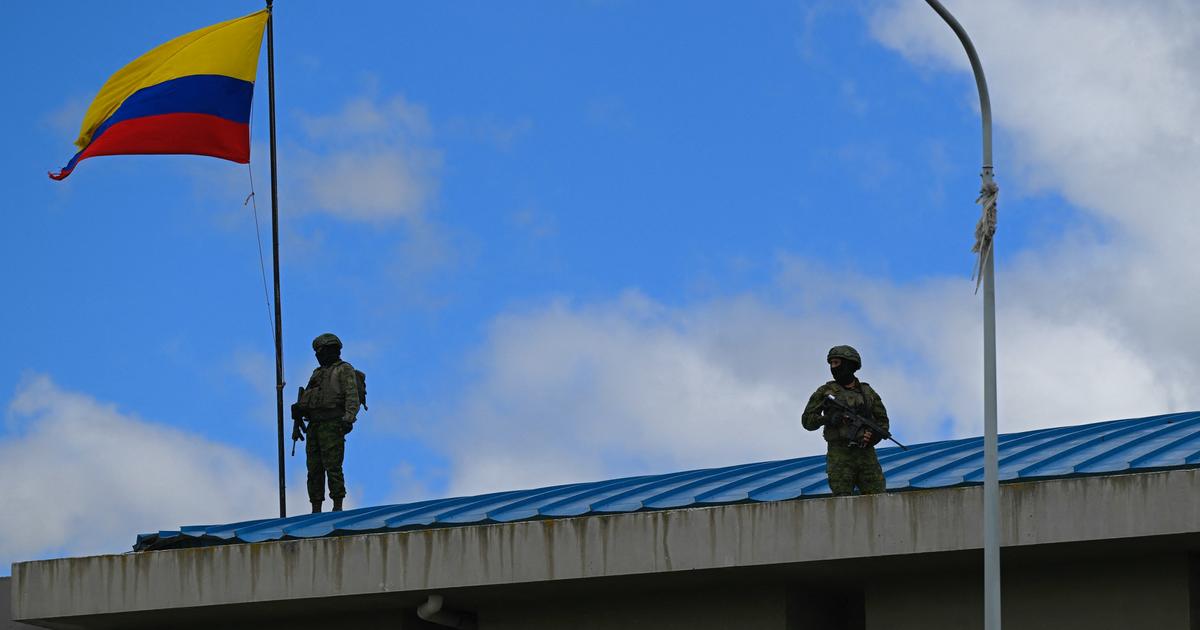Leyner Palacios, member of the Truth Commission of Colombia, during a meeting in Ibarra, Ecuador. Truth Commission / EFE
"If there is something characteristic of exile, it is brutal oblivion."
Against this diagnosis, the Truth Commission that emerged from the peace accords signed at the end of 2016 by the Government of Colombia and the FARC guerrilla - now turned into a political party - works to give recognition to the victims of what today could be considered the longest armed conflict in terms of exile.
Carlos Beristain, Spanish, is the only foreign commissioner in the entities that work for the clarification of the truth and non-repetition.
"I assumed the responsibility of starting an exploration exercise in the world, of closer contact with the victims to encourage them to give their word," he says by telephone from Spain, a few days after his visit to the border area between Colombia and Ecuador.
After three years in office, the commission must issue its long-awaited final report this year.
In the city of Ibarra, the second Encounter for Truth has been held to give voice to the displaced for decades.
Ecuador is one of the countries that has welcomed the most Colombians throughout the process and even today, Beristain clarifies, some 400 people a day continue to cross that border.
More than 12,000 victims of the Colombian conflict have given their testimony.
Of these, 1,600 are in exile and of these, 250 spoke to the commission about their experience as refugees in Ecuador.
One of the problems, the commissioner detects, is that despite being a massive exile, invisibility has turned the tribulations of the victims into individual problems.
"The conditions of marginality are greater", describes Beristain.
He speaks of the need for a regional response, not country by country, for all those displaced from Colombian territory, who do not always find a way out by receiving refugee status.
"Due to the difficulties in finding work or the lack of immediate response to a refugee visa, there are those who chose to move under the conditions of a Mercosur visa or the Andean agreements in order to stay in the country."
That, he reasons, has given them “stability to be able to stay and work in the host country, but it does not give them protection.
They can have a job, they can rent a house.
In other words, the things of life.
But they can also kick them out of the country. "
That is where the expanded registry of exiles comes in, which not only includes those who actually have refugee status, but all those displaced outside the borders.
The figures that the Truth Commission handles, based on what was collected by UNHCR, speak of at least 524,496 Colombians who requested international protection in the five countries with which Colombia borders.
Ecuador is in the lead, with 240,901 petitions, and that is why it has hosted the second convocation of the commission.
They are followed by Venezuela, with 200,000;
Panama, with 68,000;
Brazil, with 8,242;
and Peru, with 7,353.
“85 or 90% of the refugees do not want to return to Colombia, they do not see conditions to return.
But there are 15% of people who would like to return.
Conditions are needed for this.
Because return is not putting yourself back at the border with a suitcase and going back to the same thing.
The return is also a new displacement ”.
This, advocates the commissioner, realizes the need for a regional policy, a regional agreement, at a time when the Colombian conflict is at a new turning point.
“Either it slows down or this conflict starts up again.
Here.
We are facing a new cycle of ten or fifteen more years of war or, let's say, the recommendations are taken seriously ”.
And the report of the Truth Commission, points out Beristain, will collect guidelines for an effective transformation, which Colombia needs so that this recycling of the conflict does not continue to occur, with special emphasis on the victims.
"The Colombian is seen as suspicious," he denounces, and recalls an anecdote told him by a woman who sought shelter in Chile in one of her interviews to make the victims more visible.
“Do you know what has hurt me the most?
What hurts me the most is a question that I have been asked many times: what have I done to have to leave Colombia?
This is what she shared with him about her experience as a displaced person and is what, according to the commissioner, is part of the recognition work that still needs to be done to the victims due to the emotional context they have faced.
"There is a lot of stereotype that works as an enemy."
Subscribe here to the EL PAÍS América newsletter and receive all the information keys on the region's current affairs

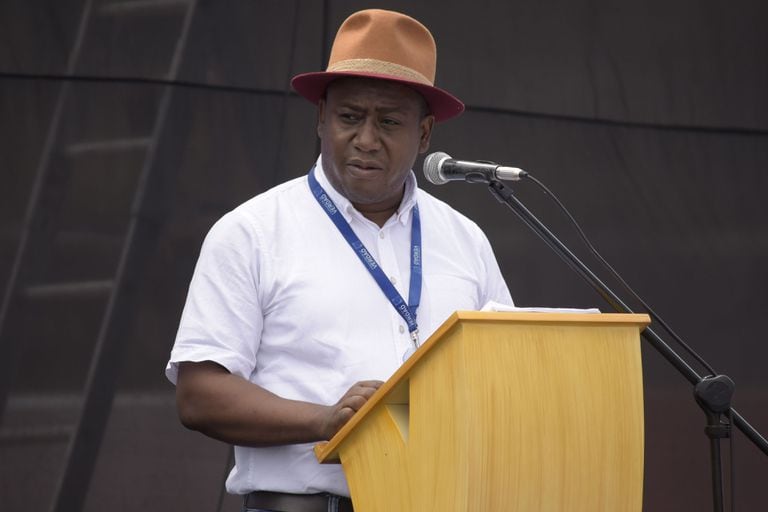
/cloudfront-eu-central-1.images.arcpublishing.com/prisa/62WTZ2YGTKOGTJ6OXJW67JCCME.jpg)
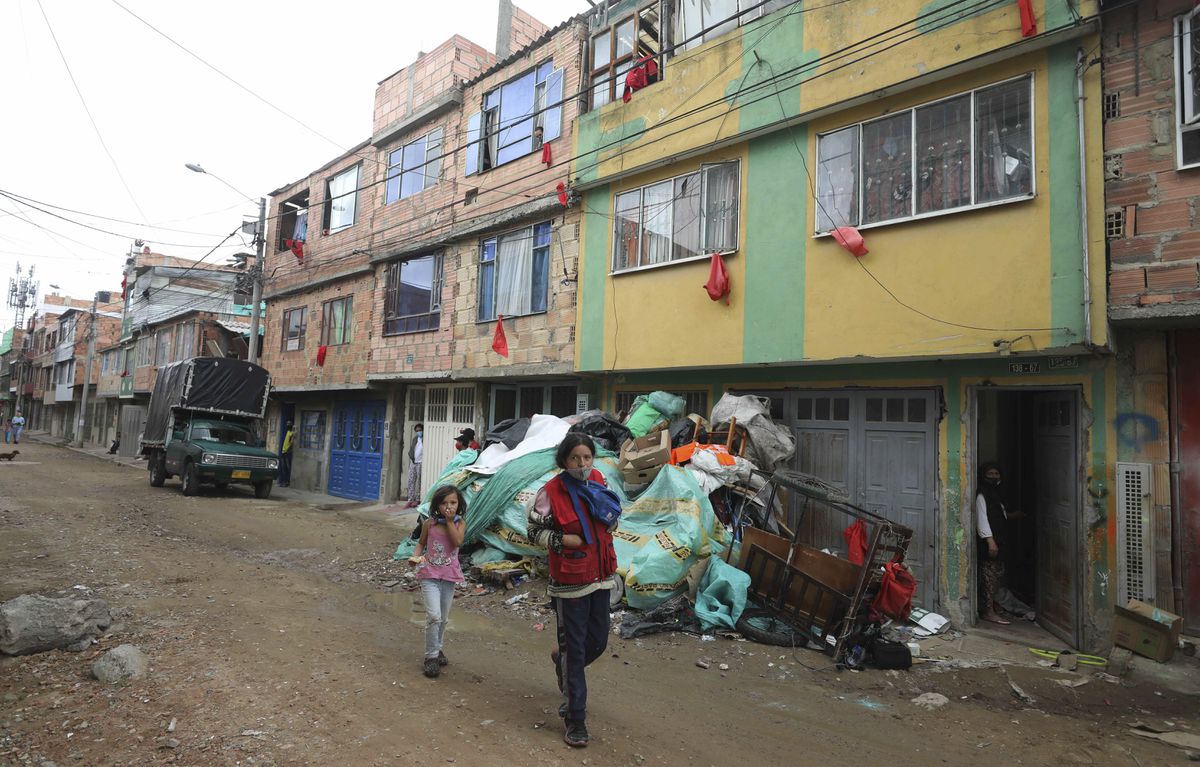
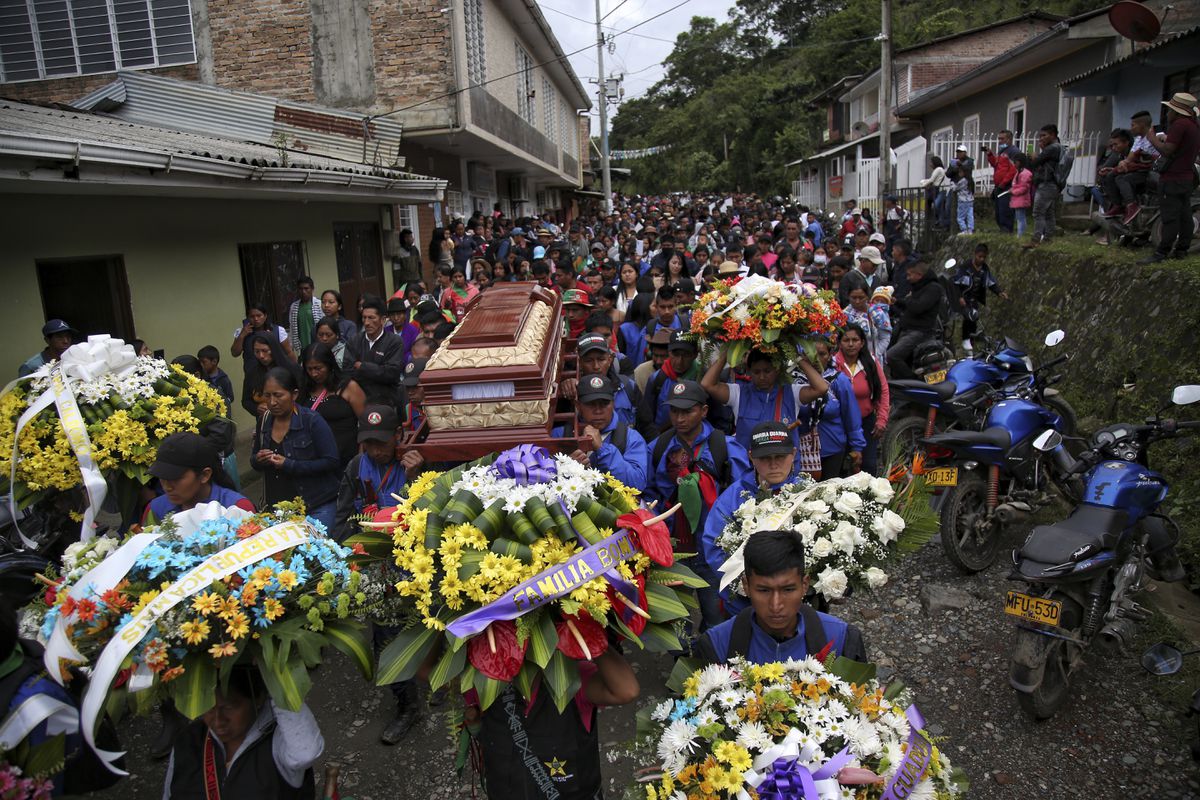
/cloudfront-eu-central-1.images.arcpublishing.com/prisa/YOIAB3IZVZENPLEXJ3PCP7HOI4.jpg)
